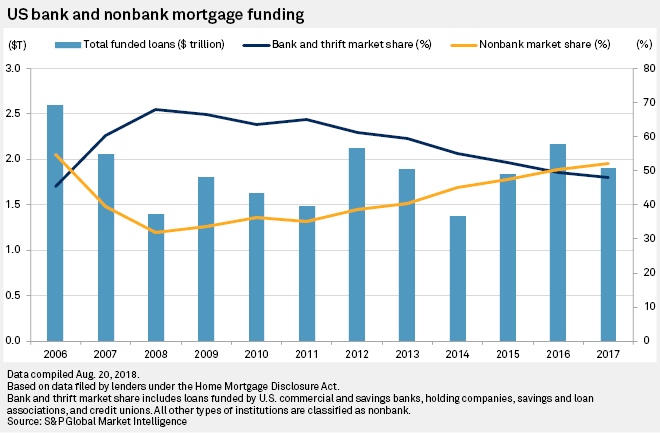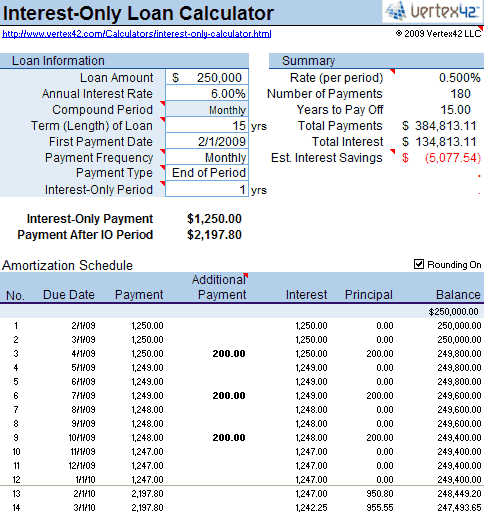In 2007, the U.S. economy entered a home mortgage crisis that triggered panic and financial chaos around the globe. The financial markets ended up being especially unpredictable, and the impacts lasted for numerous years (or longer). The subprime mortgage crisis was an outcome of too much loaning and flawed monetary modeling, mostly based on the presumption that home rates only increase.
Owning ratings and reviews of timeshare exit companies a home belongs to the traditional "American Dream." The traditional knowledge is that it promotes individuals taking pride in a home and engaging with a community for the long term. However homes are costly (at numerous countless dollars or more), and many individuals require to borrow cash to buy a house.
Home loan rate of interest were low, allowing consumers to get fairly big loans with a lower monthly payment (see how payments are computed to see how low rates affect payments). In addition, home prices increased drastically, so purchasing a house appeared like a sure thing. Lenders thought that homes made great security, so they wanted to lend versus property and earn profits while things were excellent.

The Hedge Funds Who Buy Residential Mortgages Diaries
With home costs increasing, homeowners found enormous wealth in their homes. They had plenty of equity, so why let it being in your house? Homeowners re-financed and took $12nd home loans to get money out of their homes' equity - what is the going rate on 20 year mortgages in kentucky. They invested some of that money carefully (on enhancements to the residential or commercial property related to the loan).
Banks provided easy access to money prior to the mortgage crisis emerged. Customers got into high-risk mortgages such as option-ARMs, and they received home loans with little or no documents. Even individuals with bad credit might certify as subprime customers (which of these statements are not true about mortgages). Customers had the ability to obtain more than ever in the past, and individuals with low credit scores increasingly qualified as subprime borrowers.
In addition to easier approval, borrowers had access to loans that guaranteed short-term benefits (with long-lasting risks). Option-ARM loans made it possible for borrowers to make little payments on their financial obligation, however the loan quantity may really increase if the payments were not sufficient to cover interest costs. Rate of interest were relatively low (although not at historic lows), so conventional fixed-rate home mortgages may have been an affordable option during that duration.
Facts About Find Out How Many Mortgages Are On A Property Revealed
As long as the celebration never ever ended, whatever was fine. As soon as house costs fell and customers were unable to manage loans, the reality came out. Where did all of the timeshare exit team steve harvey money for loans come from? There was an excess of liquidity sloshing around the world which quickly dried up at the height of the home loan crisis.
Complex financial investments transformed illiquid property holdings into more cash for banks and lending institutions. Banks traditionally kept home loans on their books. If you borrowed cash from Bank A, you 'd make month-to-month payments directly to Bank A, and that bank lost money if you defaulted. However, banks often offer loans now, and the loan might be divided and offered to various investors.
Because the banks and mortgage brokers did not have any skin in the game (they might just offer the loans before they spoiled), loan quality deteriorated. There was no accountability or reward to make sure borrowers might pay for to pay back loans. Regrettably, the chickens came house to roost and the mortgage crisis started to magnify in 2007.
Indicators on Hawaii Reverse Mortgages When The Owner Dies You Need To Know
Borrowers who bought more home than they might pay for eventually stopped making home loan payments. To make matters worse, monthly payments increased on variable-rate mortgages as interest rates rose. Property owners with unaffordable houses dealt with tough options. They might wait for the bank to foreclose, they could renegotiate their loan in a exercise program, or they could simply ignore the house and default.
Some were able to bridge the space, but others were currently too far behind and dealing with unaffordable home mortgage payments that weren't sustainable. Typically, banks could recover the amount they lent at foreclosure. Nevertheless, house worths was up to such a level that banks significantly took substantial losses on defaulted loans. State laws and the type of loan identified whether or not loan providers might try to gather any shortage from customers.
Banks and financiers started losing money. Financial organizations decided to minimize their direct exposure to run the risk of considerably, and banks hesitated to lend to each other due to the fact that they didn't know if they 'd ever make money back. To operate efficiently, banks and organizations require money to flow easily, so the economy came to a grinding stop.
What Does How Many Mortgages Can You Have With Freddie Mac Do?
The FDIC ramped up staff in preparation for hundreds of bank failures triggered by the mortgage crisis, and some essentials of the banking world went under. The general public saw these high-profile institutions stopping working and panic increased. In a historical occasion, we were advised that cash market funds can "break the dollar," or move away from their targeted share rate of $1, in unstable times.
The U.S. economy softened, and greater commodity costs harmed customers and businesses. Other complicated monetary items began to unravel too. Lawmakers, consumers, lenders, and businesspeople scurried to minimize the impacts of the mortgage crisis. It triggered a significant chain of occasions and will continue to unfold for many years to come.

The enduring effect for a lot of consumers is that it's harder to receive a mortgage than it remained in the early-to-mid 2000s. Lenders are needed to validate that debtors have the ability to pay back a loan you generally require to reveal evidence of your earnings and possessions. The home mortgage process timeshare weeks calendar is now more cumbersome, however hopefully, the financial system is healthier than before.
What Does How Do Mortgages Work With Married Couples Varying Credit Score Do?
The subprime home loan crisis of 200710 originated from an earlier expansion of home loan credit, consisting of to customers who formerly would have had trouble getting home loans, which both contributed to and was facilitated by rapidly rising house prices. Historically, possible property buyers found it difficult to obtain mortgages if they had below par credit report, offered little deposits or looked for high-payment loans.
While some high-risk families could get small-sized mortgages backed by the Federal Real Estate Administration (FHA), others, dealing with limited credit alternatives, leased. Because era, homeownership changed around 65 percent, mortgage foreclosure rates were low, and house building and house prices primarily reflected swings in home mortgage rate of interest and earnings. In the early and mid-2000s, high-risk home loans appeared from lenders who moneyed home mortgages by repackaging them into swimming pools that were sold to investors.
The less vulnerable of these securities were viewed as having low threat either since they were insured with new monetary instruments or because other securities would initially soak up any losses on the underlying home mortgages (DiMartino and Duca 2007). This allowed more first-time homebuyers to acquire home loans (Duca, Muellbauer, and Murphy 2011), and homeownership increased.
The Ultimate Guide To Where To Get Copies Of Mortgages East Baton Rouge
This induced expectations of still more house cost gains, even more increasing housing need and prices (Case, Shiller, and Thompson 2012). Financiers acquiring PMBS benefited initially because increasing home prices safeguarded them from losses. When high-risk mortgage debtors might not make loan payments, they either offered their houses at a gain and paid off their home loans, or borrowed more versus higher market value.